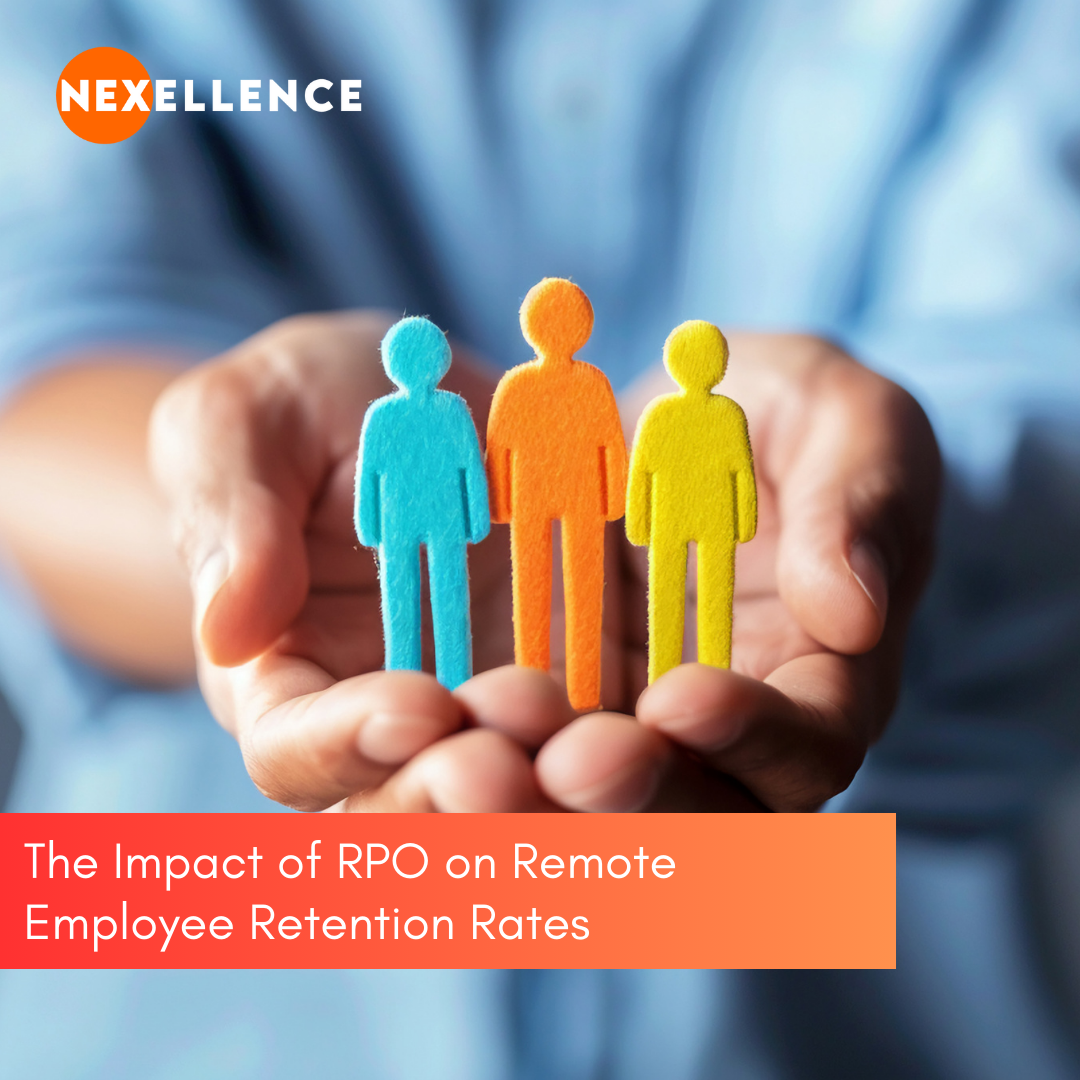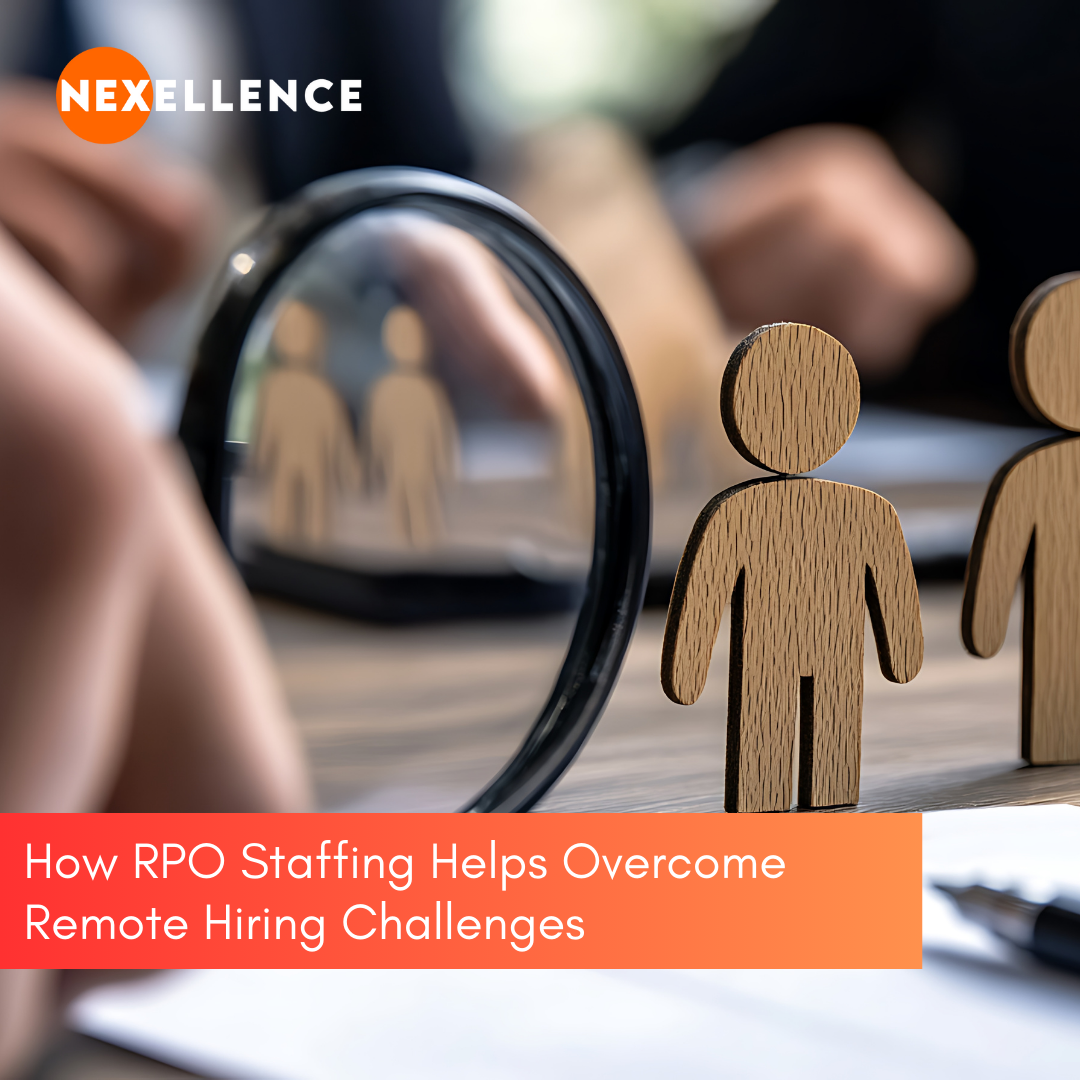In today’s competitive job market, finding the right talent for hard-to-fill positions can be a daunting challenge for many organizations. These roles often require specialized skills, niche expertise, or a combination of qualifications that are difficult to find in a pool of general applicants. Recruitment agencies play a crucial role in helping businesses fill these challenging positions, thanks to their deep industry expertise, vast networks, and advanced sourcing strategies.
Here’s how recruitment agencies can assist in filling hard-to-fill positions:
1. Access to Specialized Talent Pools
Recruitment agencies have extensive databases of candidates with specialized skills across a wide range of industries. This gives businesses access to a pool of talent that may not be readily available through traditional job boards.
- Niche Expertise: Agencies often specialize in specific industries, such as IT, engineering, healthcare, or manufacturing. This specialization enables them to maintain a database of candidates with highly sought-after skills and experience relevant to hard-to-fill positions.
- Passive Candidates: Many highly skilled professionals are not actively seeking jobs, making them difficult to reach through conventional recruitment methods. Recruitment agencies have built relationships with these passive candidates, enabling them to engage top talent that wouldn’t otherwise apply for the role.
2. Advanced Sourcing and Screening Techniques
Hard-to-fill positions require more than just posting a job ad and waiting for candidates to apply. Recruitment agencies use advanced sourcing techniques to identify, reach, and engage the right candidates for these roles.
- AI and Data-Driven Tools: Many agencies utilize artificial intelligence (AI) and data-driven recruitment tools to scan resumes, match candidates to job descriptions, and assess potential candidates based on their skills and experience.
- Headhunting and Targeted Searches: Agencies use headhunting tactics to target and engage professionals who may not be actively searching for a job but fit the qualifications for hard-to-fill roles. By approaching candidates directly, agencies can pique the interest of individuals who would otherwise be inaccessible.
3. Faster Time-to-Hire
One of the key challenges in filling hard-to-fill positions is the extended time-to-hire. Recruitment agencies speed up the process by leveraging their resources and expertise to quickly identify and present qualified candidates.
- Pre-Vetted Candidates: Agencies maintain lists of pre-screened candidates who are ready to be placed in specific roles. This reduces the time spent vetting and interviewing, allowing businesses to fill positions more quickly.
- Streamlined Recruitment Process: Recruitment agencies manage all aspects of the hiring process, including sourcing, screening, interviews, background checks, and offer negotiation. This streamlined approach ensures that the business’s time and resources are efficiently used.
4. Global Talent Reach
Some hard-to-fill positions require talent that may not be available locally. Recruitment agencies, especially those with international reach, can source candidates from across the globe, ensuring businesses find the right fit regardless of geographic boundaries.
- Cross-Border Recruitment: Many agencies have access to global talent networks, allowing them to source candidates from different regions. This is especially useful for specialized roles in technology, engineering, or industries with a global talent shortage.
- Visa and Relocation Support: Recruitment agencies often assist with visa applications and relocation services, making it easier for businesses to hire international candidates for hard-to-fill roles.
5. Expertise in Employer Branding
Recruitment agencies can help companies enhance their employer brand to attract candidates for hard-to-fill positions. A strong employer brand is essential for appealing to top talent, especially in niche industries where competition for candidates is high.
- Crafting Compelling Job Descriptions: Agencies work with businesses to create job descriptions that highlight the company’s culture, growth opportunities, and benefits, which are critical in attracting the right candidates.
- Promoting Employer Value Proposition: Agencies promote the company’s value proposition through social media, job boards, and direct outreach, ensuring that candidates see the organization as a desirable place to work.
6. Industry-Specific Knowledge
Recruitment agencies with specialized knowledge of particular industries are better equipped to understand the specific needs and qualifications required for hard-to-fill positions. They have insights into market trends, salary benchmarks, and candidate expectations, which help them make informed recommendations to both candidates and employers.
- Understanding Technical Skills: Agencies that focus on niche markets, such as IT, engineering, or healthcare, understand the specific technical skills and certifications required for hard-to-fill roles. This ensures that only qualified candidates are presented to the hiring team.
- Knowledge of Regulatory Requirements: For industries with strict regulations, such as finance or pharmaceuticals, recruitment agencies ensure that candidates meet all necessary certifications and compliance requirements, reducing hiring risks.
7. Flexibility with Hiring Models
Many hard-to-fill positions require flexible hiring solutions, such as contract work, freelance arrangements, or temp-to-perm roles. Recruitment agencies offer businesses a variety of hiring models that suit the nature of the position and the company’s needs.
- Temporary and Contract Workers: Agencies can provide qualified temporary or contract workers to fill urgent positions while the company searches for a long-term solution. This ensures that projects and operations continue without disruption.
- Temp-to-Perm Solutions: For businesses unsure about committing to a permanent hire, recruitment agencies offer temp-to-perm solutions where candidates are hired on a temporary basis and transitioned to full-time roles if they prove to be a good fit.
8. Reduced Hiring Risks
Filling hard-to-fill positions often comes with hiring risks, especially if the role requires specialized skills or is critical to the company’s operations. Recruitment agencies help mitigate these risks by thoroughly vetting candidates before they are presented to the company.
- Thorough Screening and Vetting: Agencies conduct comprehensive background checks, reference verifications, and skill assessments to ensure that candidates meet the required qualifications. This reduces the chances of a bad hire, which can be costly and time-consuming for the business.
- Candidate Guarantee: Many recruitment agencies offer candidate guarantees, meaning that if a placed candidate leaves the role within a certain time frame, the agency will replace them at no additional cost.
9. Focus on Cultural Fit
In addition to finding candidates with the right technical skills, recruitment agencies focus on ensuring that the candidate is a good cultural fit for the company. This is particularly important for hard-to-fill positions, where a mismatch in culture or values can lead to turnover.
- Behavioral Assessments: Recruitment agencies often use behavioral assessments to evaluate whether a candidate aligns with the company’s culture, team dynamics, and work environment.
- Long-Term Success: By focusing on cultural fit, agencies help ensure that candidates are not only qualified but also more likely to thrive in the company’s environment, leading to greater retention and long-term success in the role.
Conclusion
Recruitment agencies are invaluable partners for companies looking to fill hard-to-fill positions. By leveraging their extensive talent networks, advanced sourcing techniques, industry expertise, and flexible hiring models, agencies streamline the recruitment process and reduce the time and effort required to find specialized talent. Whether it’s sourcing passive candidates, accessing global talent, or ensuring cultural fit, recruitment agencies offer the expertise and resources necessary to help businesses overcome the challenges of hiring for niche and highly skilled roles.
For companies facing the pressure of filling critical roles quickly, partnering with a recruitment agency is often the most efficient and effective solution.





